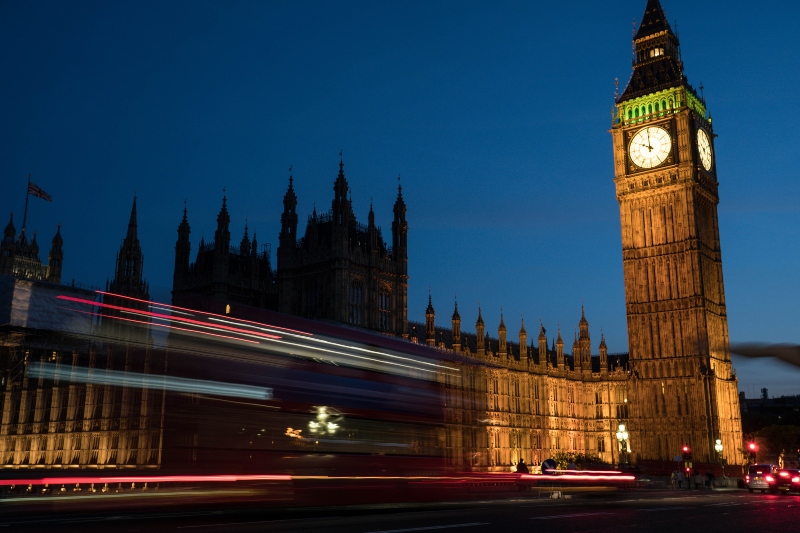Have Baptist churches become too dependent upon the state?
While church and state each endeavour to work for the common good, a distinctive of Baptist theology is that they best function separately. Yet a new study asks whether Baptist churches have come to rely too much upon the government for their financial survival.
How far might this be true and have we entered this relationship having prayerfully counted the cost?

Figures gathered from the independently examined accounts of 30 Baptist churches of differing sizes in one association suggest a largely hidden dependency upon tax reliefs and exemptions. If these churches were to refrain from claiming such reliefs on principle, or if they were withdrawn, the scale of loss to their annual income would threaten many of those churches’ capacity to function as they do today. In the case of around half of the sampled churches, the financial loss would probably lead to their closure.
The evidence supporting this can be seen in the paper “Degrees of Separation: an exploration of issues arising from the current financial relationship of UK Baptist churches and the state” published in the spring 2022 edition of the Journal of European Baptist Studies.[i] It can be found here.
The research was carried out by the Revd Ivan King, a Baptist minister in Essex. Ivan has had 35 years’ experience in the management of national and local charities, both before and alongside pastoral ministry. He was also a Baptist church treasurer for eight years. His interest in the topic was first sparked by a quotation from an archbishop describing the heavy reliance of the Church of England upon tax reliefs to function day to day. He wondered how our churches might fare by comparison, especially given our Baptist principle of keeping separate the distinctive roles of church and state.
Most church members will know of the gift-aid scheme, whereby gifts to churches by UK income taxpayers qualify for the return to charity of the tax already paid on their donation. However, there are many other tax reliefs and exemptions which churches or ministers may claim, including those relating to manses, the exemption of church buildings from non-domestic rates and aspects of VAT.
Many reliefs relate to churches as charities, where qualification depends upon the Charity Commission’s assessment of the public benefit provided. While some of the benefits enjoyed by churches are a welcome recognition of their contribution to the common good, like all charities they are required to comply with standards set by the Charity Commission. In this study churches are invited to consider how well it suits our dissenting history and culture that churches should rely upon satisfying a government body’s assessment of what we do. What happens if a future government moves the goalposts?
Ivan said, 'This study draws attention to a potentially serious conflict between values and practice. It invites churches to explore the issues for themselves, seeking solutions which support continuing ministry, mission and community service without compromise to our distinctive culture as Baptist Christians.
'I think we might prayerfully ask if we may continue to seek tax-related income on such a scale while owning the separation of church and state in our declared Baptist theology.
'Whatever each church decides, I would hope that considering these issues might provoke a lively discussion among thinking Baptists.'
[i] King, I, 2022, ‘Degrees of separation: An exploration of issues arising from the current financial relationship of UK Baptist churches and the state’, Journal of European Baptist Studies, Vol. 22, No.1, pp. 35-58
Image | Paul Buffington | Unsplash
Do you have a view? Share your thoughts via our letters' page.
Baptist Times, 30/09/2022